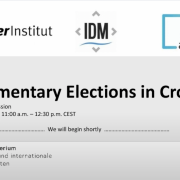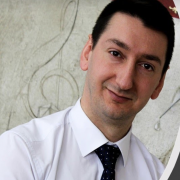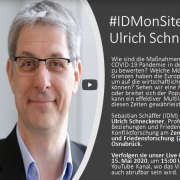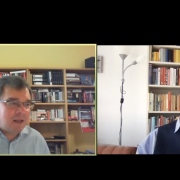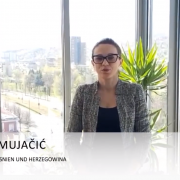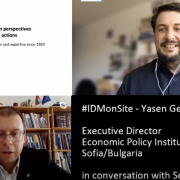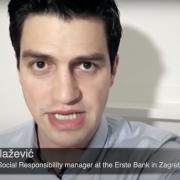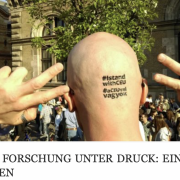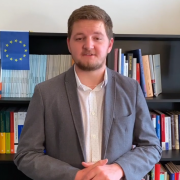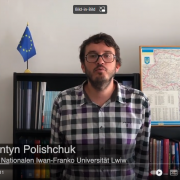Parliamentary Elections in Croatia 2020
The Institute for the Danube Region and Central Europe (IDM), in cooperation with the Dr.-Karl-Renner-Institut and the Politische Akademie organised an online panel discussion on the upcoming parliamentary elections in Croatia to be held on 06 July 2020.
Introduction – Lucas Maximilian SCHUBERT, Research Associate, Institute for the Danube Region and Central Europe (IDM) Vienna
Introduction – Lorenz JAHN, Politische Akademie
Panel Discussion – Tena PRELEC, Research Fellow at the Department of Politics and International Relations at the University of Oxford, Research Associate at LSEE-Research on South Eastern Europe, European Institute, London School of Economics and Political Science
Nino PRELOŽNJAK, Vice-President, Croatian Youth Network (mmh)
Zrinka VRABEC-MOJZEŠ, Journalist and Columnist at the weekly “Nacional”, Zagreb
Moderation: Lucas Maximilian SCHUBERT, Research Associate, Institute for the Danube Region and Central Europe (IDM), Vienna

